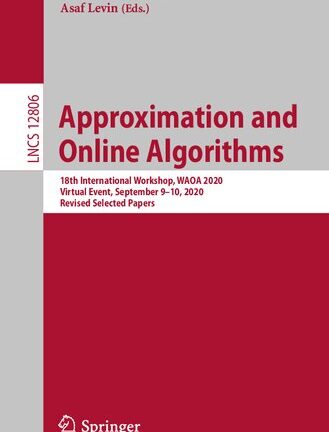Description
The main objective of this book is to devize approaches for reliability modeling and evaluation of such complex networks. Such evaluation helps to understand which network can give us better reliability by their design. New designs of fault-tolerant interconnection network layouts are proposed, which are capable of providing high reliability through path redundancy and fault tolerance through reduction of common elements in paths. This book covers the reliability evaluation of various network topologies considering multiple reliability performance parameters (two terminal reliability, broadcast reliability, all terminal reliability, and multiple sources to multiple destinations reliability).
In recent years, human beings have become largely dependent on communication networks, such as computer communication networks, telecommunication networks, mobile switching networks etc., for their day-to-day activities. In today’s world, humans and critical machines depend on these communication networks to work properly. Failure of these communication networks can result in situations where people may find themselves isolated, helpless and exposed to hazards. It is a fact that every component or system can fail and its failure probability increases with size and complexity.






Reviews
There are no reviews yet.